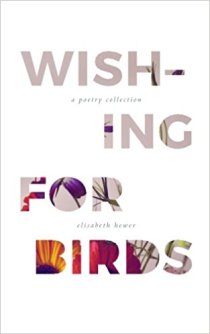Why do we deny the truth when it is not only staring us in the face, but punching us in the nose over and over and over?
When my son was two years old he had a seizure. After the first doctor visit I was in denial. For two weeks he was falling down and we believe–the nurse, our daycare provider, the midwife who delivered him–that it was normal. For two weeks our two year old son knocked his head on the floor. “He’ll outgrow it,” they said. After we finally went to the hospital, it was another two weeks before we thought to stick a helmet on him. Poor kid!
(He’s fine now, thanks)
With the fallout of #MeToo I note that my female students are in denial. Well, all of my students. My male students think it is enough to be male and a successful life will fall in their laps. They are also in denial that they have any position at all in our world because of the patriarchy. If things were really merit based…. I fear they will try to retain their positions by the typical means of oppression.
But the girls. They deny a problem exists. “We are equal” they say. They point to the number of girls who make honor roll and other such merit based systems. Then we talk. It is noted how much time disruptive boys take, and the attention they steal. The uniforms they wear are not as nice as the boys’. Then someone mentions something that makes the uncomfortable. A comment. A noise. I now teach sixth graders–they aren’t really aware of what things mean.
But they know.
They know a comment is not meant to be a compliment. It does not feel like one. It feels… unclean. Yet, they don’t call others out on it. “That’s just Sanders” they tell me when I name it.
In truth, by sixth grade, they’ve already found their complaints fall on deaf ears. No one wants to be a tattletale. “He didn’t know what the word meant–he won’t do it again.” Or, “Let me know if it continues.”
This poet wrote:
God should have made girls lethal
when he made monsters of men
But I’m going to focus on two of her other poems. The first is sweet, in a sad way. The other is more aggressive, and empowering (if you’re not on the receiving end). I can think of a dozen things I’d do with these if I wanted to teach feminist empowerment, but I really want to share the power of a simple poem.
Each of these works on a contrast: This not that. Paint a picture, then make it worse. Or paint its opposite. These are poems that every child can “get”, but also begin to think about how language works. They are elegant.
Help your kids be better human beings by introducing a bit of elegance to them. Then, ask them to try out their voice.
i thought i knew
Elisabeth Hewer
i thought i knew
everything there was
to know
about sadness.
then you left.
i don’t want
Elisabeth Hewer
i don’t want
to be
a vision.
i want
to be
your nightmare.

Leave a comment